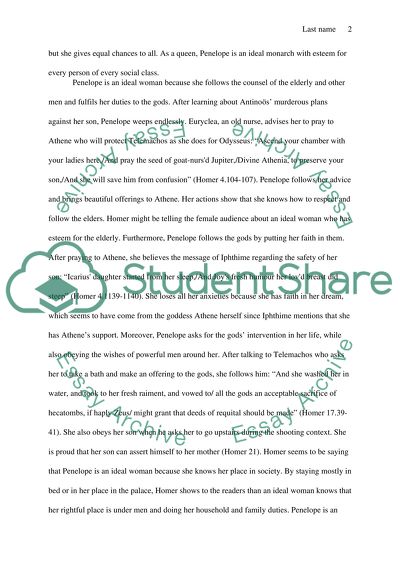Cite this document
(“Odyssey Essay Example | Topics and Well Written Essays - 1500 words”, n.d.)
Retrieved de https://studentshare.org/english/1629262-odyssey
Retrieved de https://studentshare.org/english/1629262-odyssey
(Odyssey Essay Example | Topics and Well Written Essays - 1500 Words)
https://studentshare.org/english/1629262-odyssey.
https://studentshare.org/english/1629262-odyssey.
“Odyssey Essay Example | Topics and Well Written Essays - 1500 Words”, n.d. https://studentshare.org/english/1629262-odyssey.


